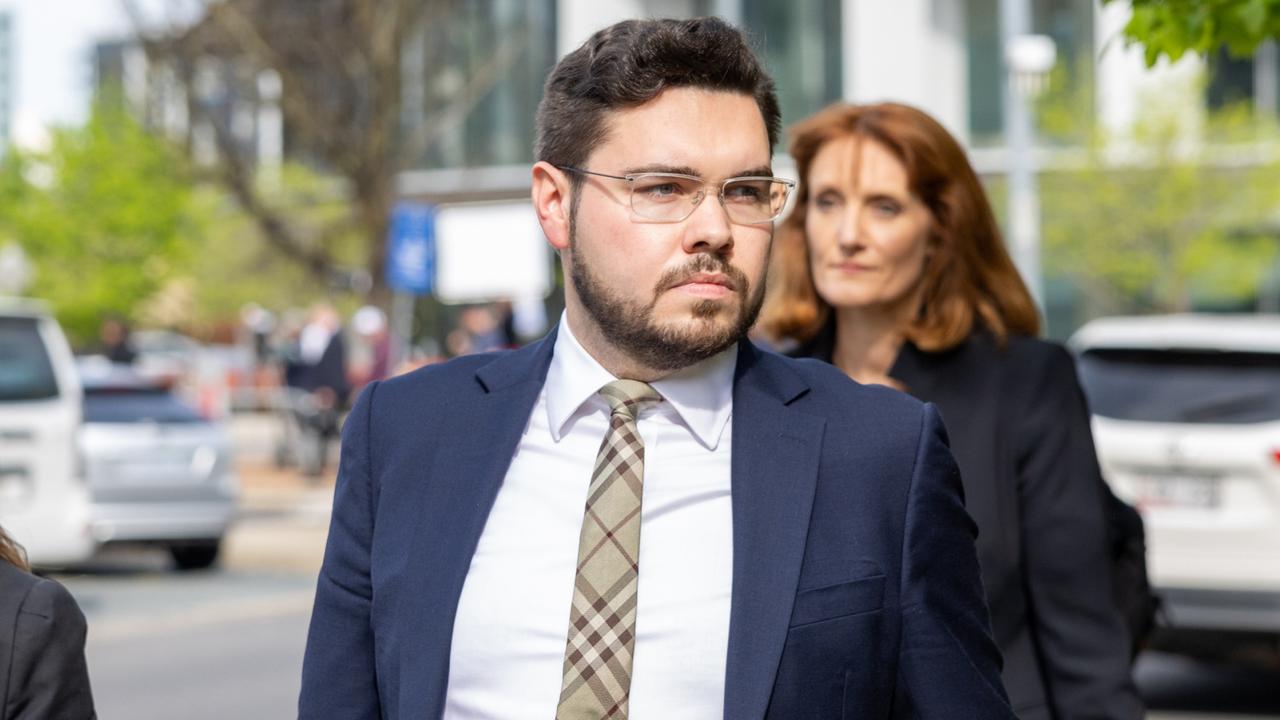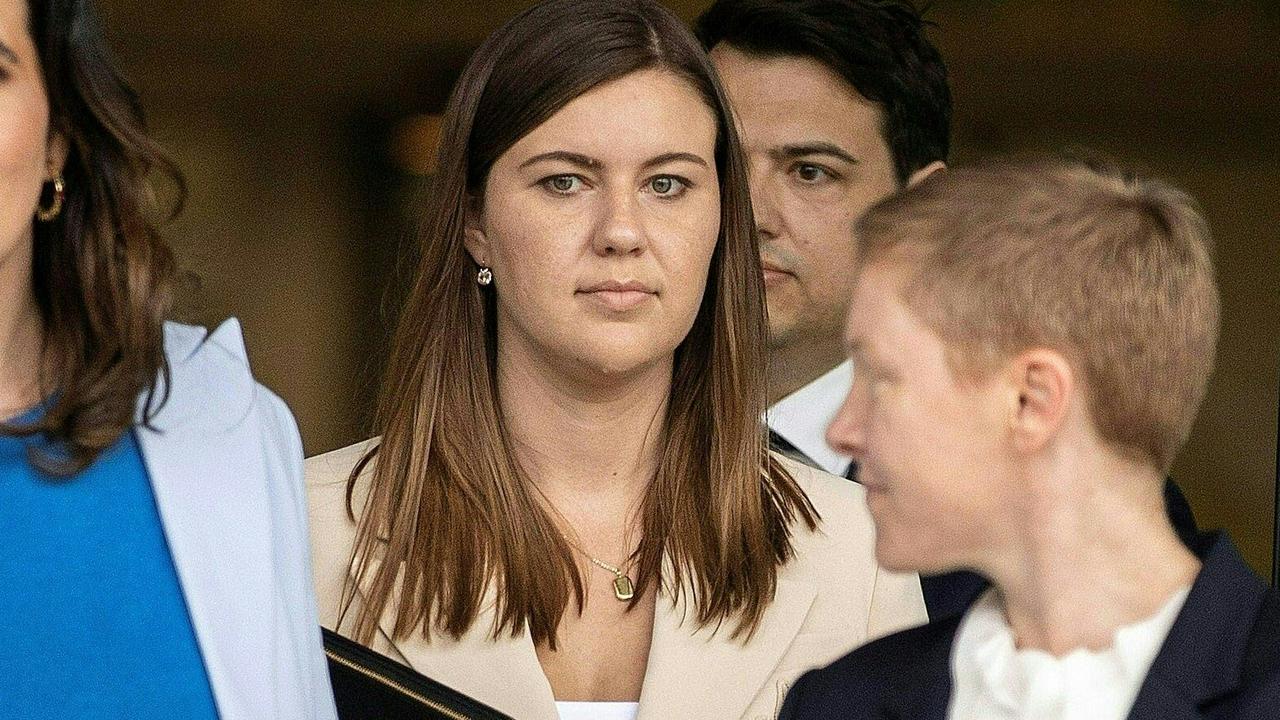Brittany Higgins rape trial updates: Jury sent home for weekend in trial against Bruce Lehrmann
The jury has finished another day of deliberations in the trial for Bruce Lehrmann, the man accused of raping Brittany Higgins, without reaching a verdict.
The jury has finished another day of deliberations in the trial for Bruce Lehrmann, the man accused of raping Brittany Higgins in Parliament House.
A group of 12 jurors have been deliberating since Wednesday afternoon, with the first full day of discussions occurring yesterday. Deliberations have now been adjourned until 10am Monday.
They were back in court today, tasked with determining whether Mr Lehrmann is guilty or not guilty of one count of sexual intercourse without consent against Ms Higgins on March 23, 2019.
He has pleaded not guilty.

ACT Supreme Court Chief Justice Lucy McCallum finished providing her final directions to the jury at 3pm on Wednesday.
Yesterday, she reminded the jury members not to read what is in the media or discuss the case with people at home.
They were also reminded they should only discuss the case when “all 12” of them are present.
The group, which consists of eight women and four men, reconvened at 10am today.
When giving her final directions to the jury, Chief Justice McCallum said it is up to them to come to a joint decision.
She pointed out that it is the job of both the defence and prosecution “to persuade” and what they say about the evidence is “not in itself evidence”.
The onus is not on the accused to prove his innocence, instead it is for the prosecutor to establish his guilt beyond reasonable doubt, the court heard.

This does not mean the prosecution has to prove the truth of every statement made by every witness beyond reasonable doubt, the judge said.
“Nor does it mean you have to find in favour of the prosecutor on each and every fact,” she said.
Chief Justice McCallum highlighted that the phrase was beyond reasonable doubt, not “beyond any doubt”.
The jury was also told they might consider the nature of human memory and whether some events might be imprinted on a person’s memory more than others.
As an example, Chief Justice McCallum said she certainly remembers “where I was the last time the Swans won the premiership”.
She told the jury they must not let “sympathy or prejudice” sway their judgment.






